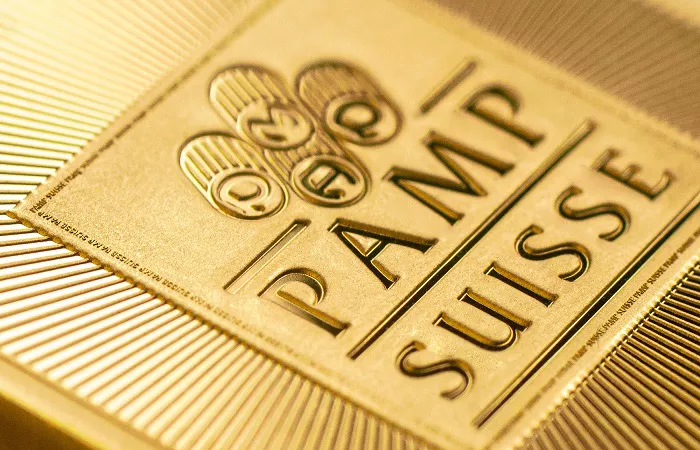Indonesia is positioning seaweed as a cornerstone of its sustainable economic development strategy, with mounting interest from investors in downstream processing opportunities that could multiply the commodity’s value, according to officials.
At the International Conference on Infrastructure on Thursday, Chairman of the National Economic Council (DEN), Luhut Binsar Pandjaitan, revealed that the government’s seaweed downstreaming initiative has attracted significant attention from both domestic and international investors. Among those closely watching developments is state investment agency Daya Anagara Nusantara (Danantara).
“This program is still under feasibility study, in collaboration with the University of California, Berkeley,” Luhut said. “Many investors are showing serious interest.”
The research is being conducted in two pilot locations: Buleleng in Bali and Lombok in East Nusa Tenggara. Coordinated by the Ministry of Maritime Affairs and Investment, the initiative is expected to generate up to 13 times added value through processing innovations, Luhut added.
Unlocking Value from the Ocean
Indonesia currently exports large quantities of raw seaweed, primarily to India, where it is used in the production of organic fertilizers. However, Luhut emphasized that processing seaweed domestically into organic fertilizers, carrageenan, and agar could significantly increase its market value.
While raw seaweed sells for between US$1,000 and US$2,000 per ton, processed organic fertilizer can fetch around US$8,000 per ton. Carrageenan and agar — critical ingredients for pharmaceuticals, cosmetics, and food processing — can command up to US$13,000 per ton.
One of the most ambitious aspects of the initiative is the potential to convert seaweed into biofuel. Modern technology allows one ton of green seaweed to yield approximately 356 liters of ethanol. The government aims to produce 4 billion liters of seaweed-based ethanol, which would meet about 10 percent of the country’s jet biofuel needs. This would require cultivating roughly 260,000 hectares of seaweed.
“About 26 percent of Indonesians live in coastal areas. With seaweed harvestable every 30 days, this can be a game changer for poverty alleviation,” Luhut said. “Communities can also diversify into other marine commodities like lobsters and abalone.”
Seaweed Fertilizer: Supporting Food Sovereignty
The Ministry of Marine Affairs and Fisheries (KKP) is simultaneously spearheading efforts to develop seaweed-based fertilizers. These bio-fertilizers are derived from various species, including Sargassum sp., Ulva lactuca, Eucheuma spinosum, and Eucheuma cottonii.
“We’ve received 3,600 tons of liquid seaweed fertilizer annually from businesses supported by KKP,” said Budi Sulistyo, Director General for Strengthening the Competitiveness of Marine and Fishery Products. “This volume is sufficient to fertilize around 100,000 hectares of agricultural land.”
Speaking at the “Blue Food for Food Sovereignty” event in November 2024, Sulistyo underscored that this effort aligns with Indonesia’s broader goal of achieving food self-sufficiency. The country’s annual fertilizer demand stands at 13 million tons, with current supply meeting only about half of that need.
The seaweed-based fertilizer is already registered and commercially available, produced by KKP-supported ventures in Bali.
A Blueprint for Marine-Based Sustainability
The push to develop seaweed as a high-value commodity forms part of Indonesia’s broader transition to marine-based sustainable development. By maximizing the economic and ecological potential of its marine resources, the country aims to advance environmental protection, reduce poverty in coastal communities, and enhance food and energy security.
“With the right investments and policies, seaweed can be Indonesia’s next ‘green gold,’” Luhut said.
Related topics:
- India Surpasses China in Gold Purchases, Buying 51% More in Three Months
- Qilu Bank Enhances Support for Small Businesses with Innovative Financial Tools
- Bitcoin Poised for a Surge Amid Gold’s Delivery Delays, Expert Claims


